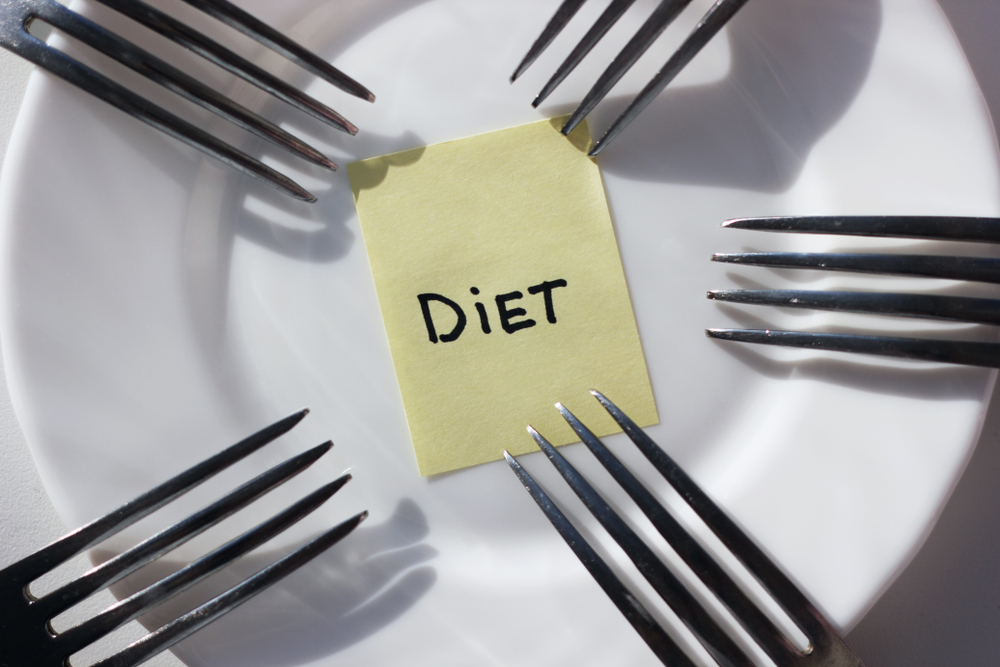Each and every year, we see new ‘diets’ gracing the pages of our social media, in magazines and on the TV, all claiming to be the plan to lose weight. So much so that the British Dietetic Association (BDA) deals with hundreds of requests relating to food and nutrition each year, with people asking about the latest celebrity or social media diet trend. Some of them are laughable, while others are potentially dangerous. And so, BDA experts have identified some of the wildest diet fads they’ve come across this past year so you can be sure to avoid them in 2020.
Fat shaming: Celebs like Bill Maher and Piers Morgan have called for the ‘return of fat shaming’ this year. They argue that shaming and humiliating people for the size of their body will encourage them to lose weight. These ideas have been common for a while, and shaming people for the size of their bodies has been used to sell everything from women’s magazines to laxative teas. Katherine Kimber, BDA Spokesperson and Registered Dietitian, commented: “There is clear evidence to suggest that shaming people because of their size will not improve their health. In fact, it’s been linked to widespread exclusion, marginalisation, avoidance of accessing healthcare, reduced physical activity and poorer psychological and physical health.”
IV drips: Promoters of intravenous (IV) vitamin drips claim they can do almost anything, including quickly fixing a hangover, boosting energy levels, burning fat, fighting jet lag or strengthening the immune system. But Marcela Fiuza, BDA Spokesperson and Registered Dietitian, explained: “Any time you have an IV inserted, there is a risk of infection, as well as risk that a vein could become inflamed or blocked with a clot (a condition called thrombophlebitis). The risk is increased when unqualified people are doing it. For most people, a healthy balacned diet (and in some cases an oral vitamin supplement) is sufficient to provide all the vitamins and minerals you need.”
Beyonce’s 22-day diet: This diet is based around the pretence of 21 days being enough to make or break a habit, hence a 22-day nutrition diet, with the goal that come day 22, you will be a convert and stick to eating a vegan plant-based diet. This way of eating is said to have huge health benefits due to cutting out processed foods and reducing meat consumption. The plan isn’t available in the UK but in the USA the cost is $39 per quarter or $99 for the year. Anna Daniels, BDA Spokesperson and Registered Dietitian, commented: “If you had the skills and knowledge on how to eat a plant-based diet, then you could do this on your own, using your own recipes and adapting your current recipes, without the expense. A few reviews of the diet online call out some issues with the variety of unusual ingredients and preparation time. I am a believer in eating right and planning, however, it does have to work for you – if it’s too hard, it won’t happen. This could be a good way for someone to want to kick start a better way of eating and reduce their intake of high fat, high salt foods. However, it will certainly take longer than 22 days to eat optimally and for good health and longevity!”


